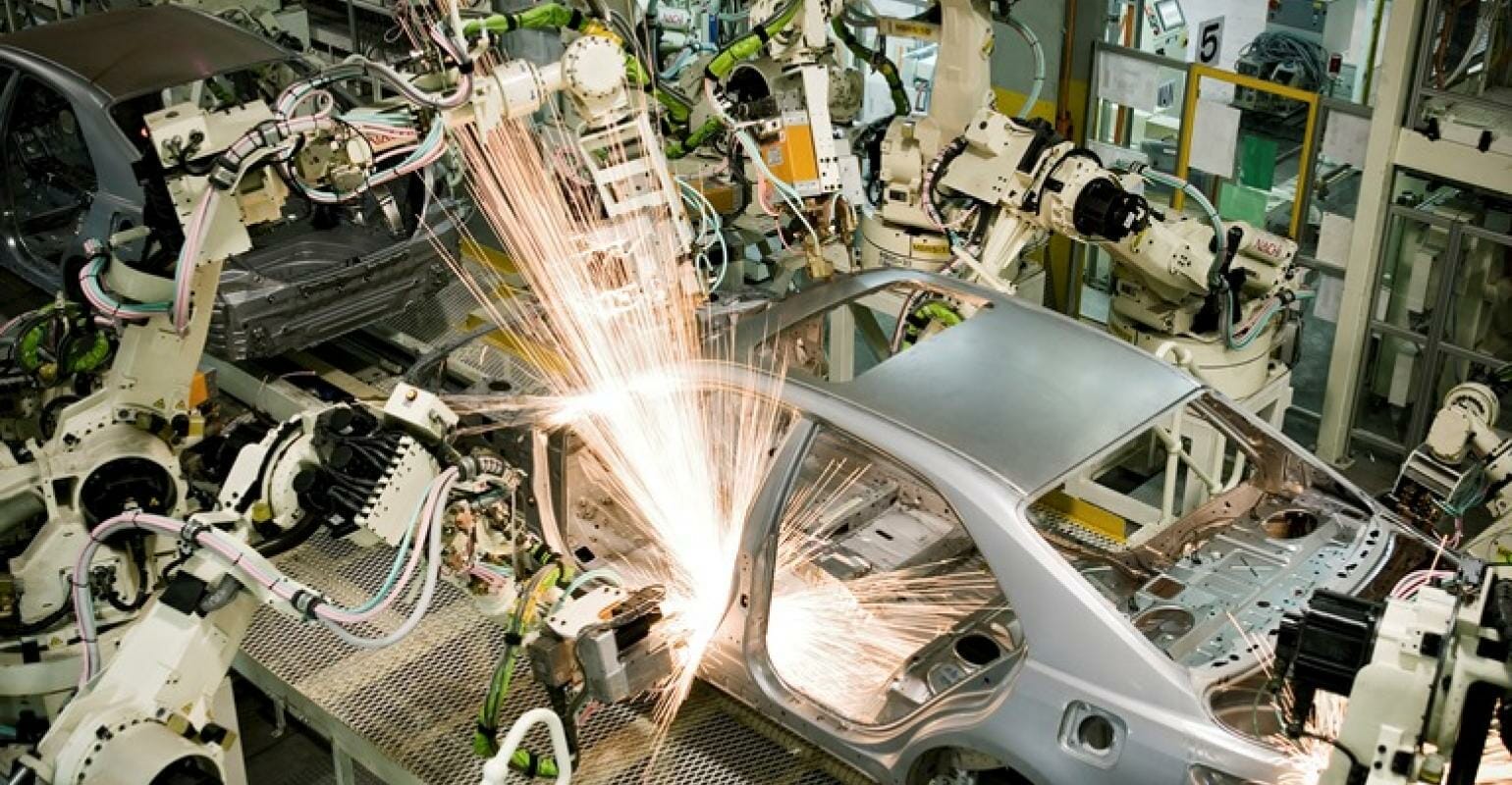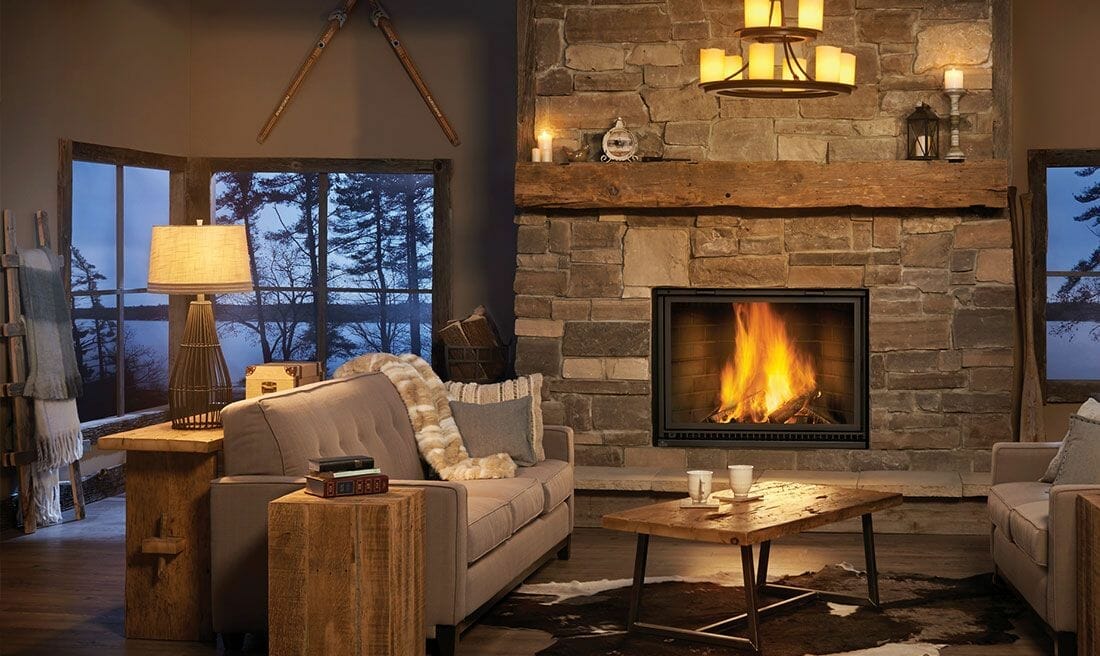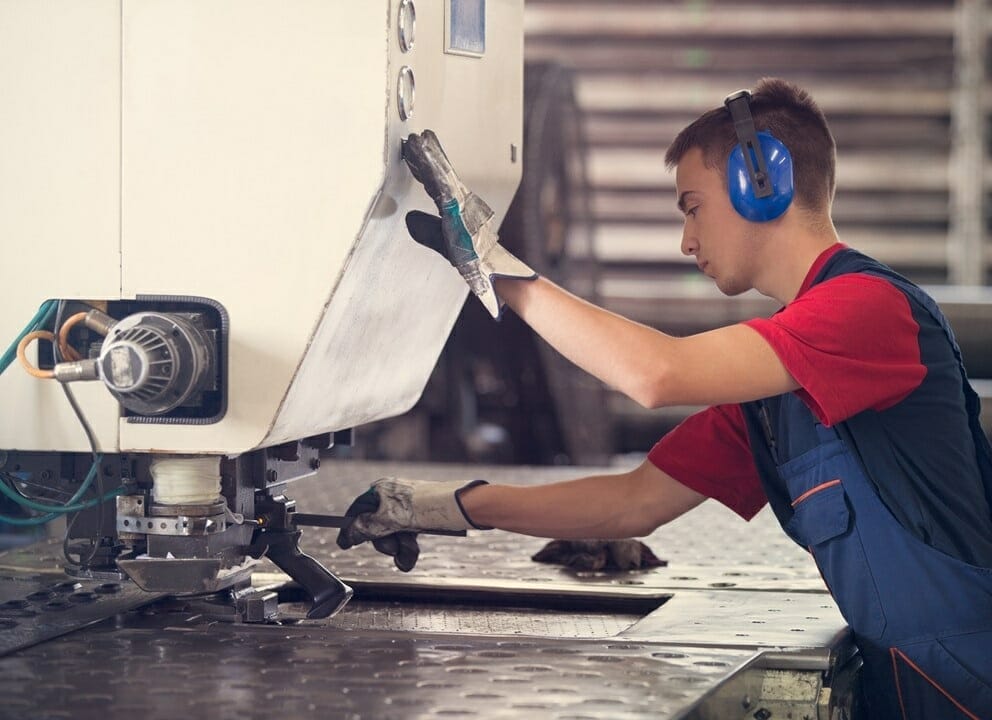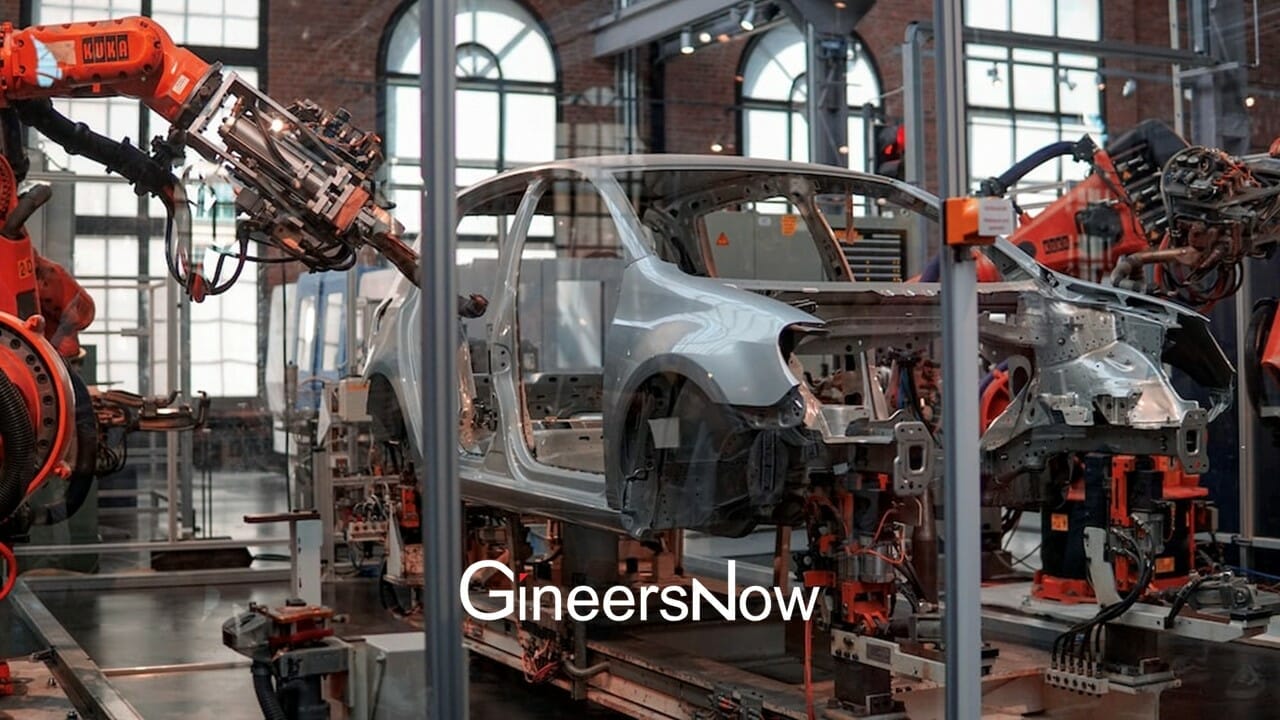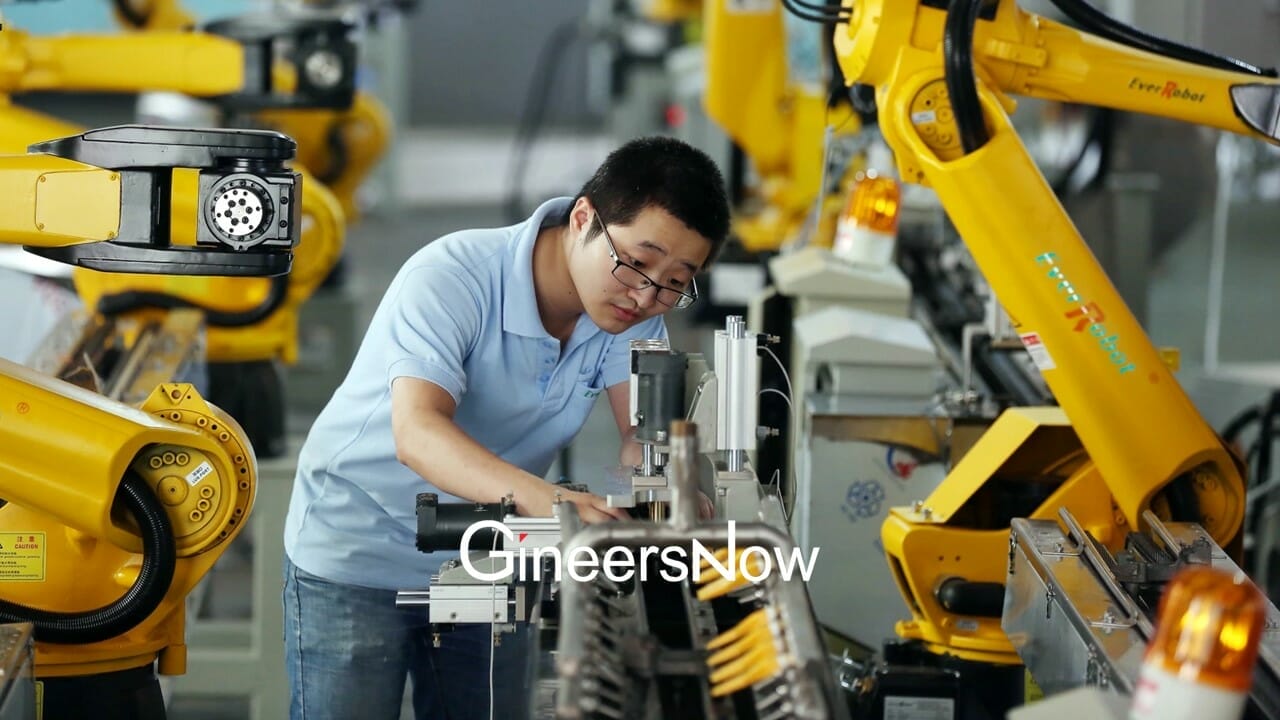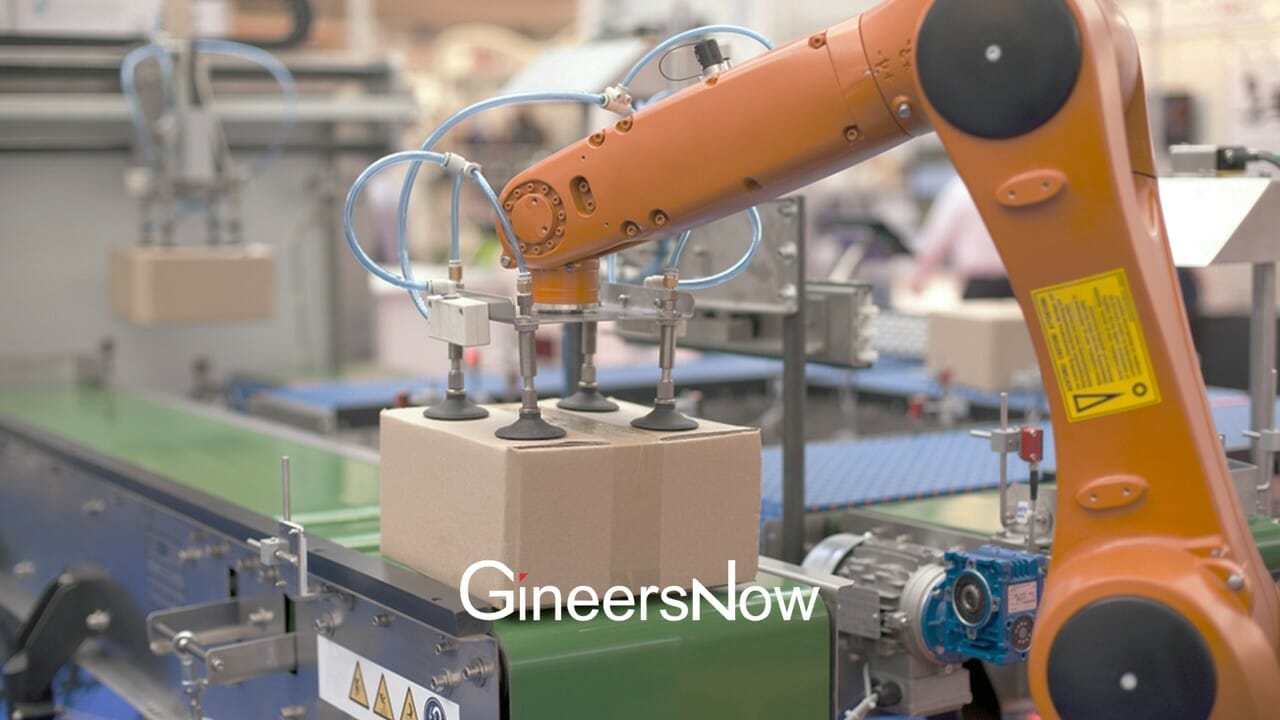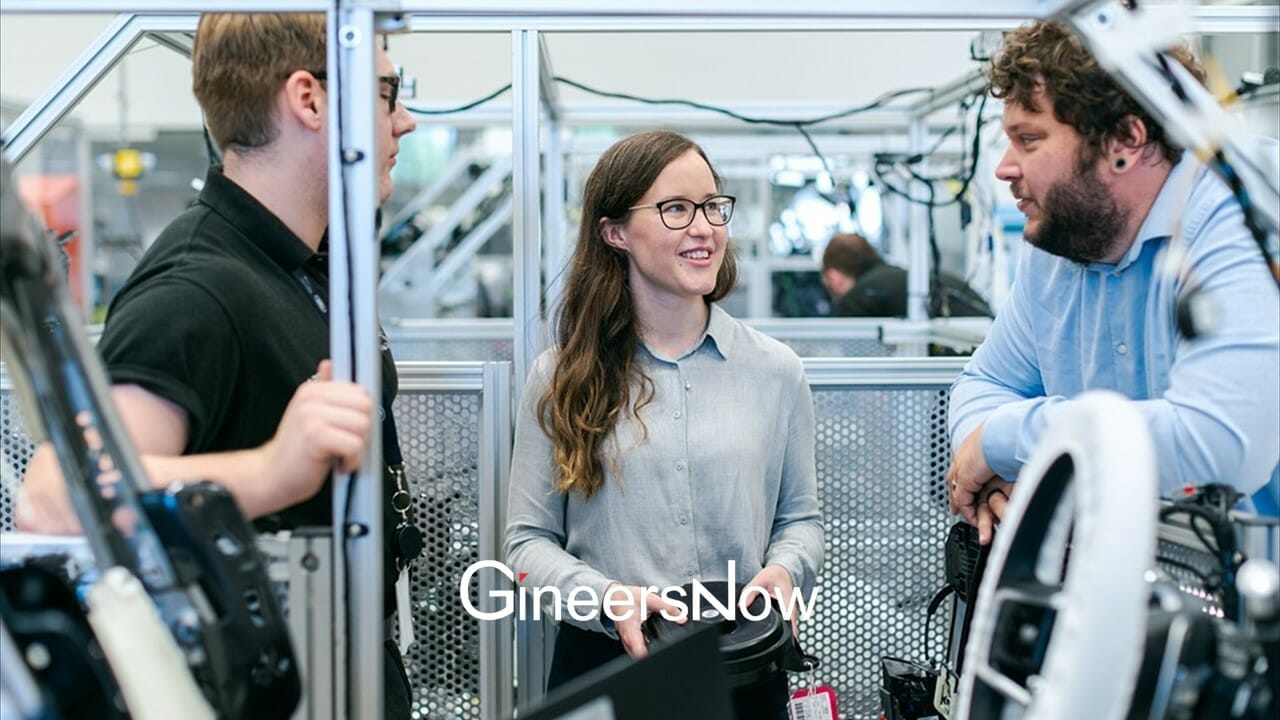Keeping your production equipment in check can be expensive if you don’t have a solid plan that you follow to the letter. A lot can happen on that front over the years, and these are not the kinds of purchases where a last-minute adjustment can be made without any repercussions. You need to know what to expect from the next couple of years regarding market developments and align those expectations to data that provides you with sufficient insight into how you’re actually using all that gear.
Which Machines Are You Actually Using?
If you have a larger production facility, you might not have a clear picture of how your machines are utilized. Modern analytical tools can provide much insight into this, identifying patterns in your operational data that you would not have spotted otherwise. This can help you determine if certain machines are not being utilized as much as you thought. And that, in turn, can help you figure out exactly which machines need the most attention. You might realize that some parts of your production equipment have been going completely unutilized for some time. In this case, you may delay or skip their upgrades entirely.
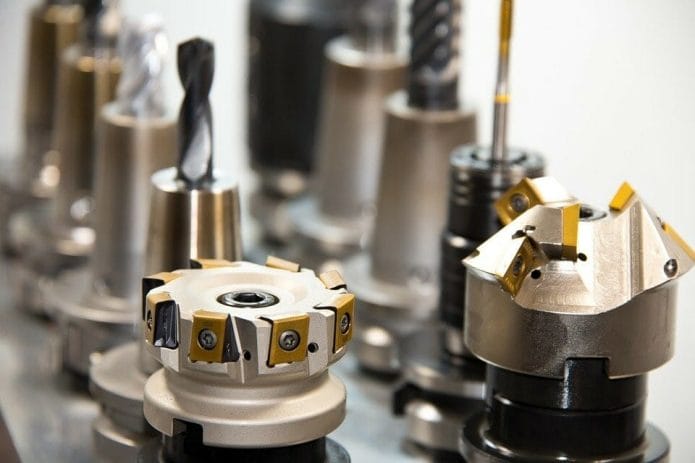
The Importance of Establishing Good Supplier Relations Early On
You will also want to know which suppliers you can trust without having to do a lot of research into that when it comes to making orders. You should look into that early on and know exactly who you can use for different setup parts. Sometimes it’s worth working with an individual supplier for a small set of parts – KEB servo motors are a good example. In other cases, it can be useful to work with a bulk supplier that can provide you with a wide range of options.
Pay Attention to New Regulations
Sometimes your old machines may also become unsuitable due to changes in regulations. You’ll want to pay attention to this on an ongoing basis, as sometimes the necessary corrections may be minor and can be implemented as modifications to your current machines. But in other cases, you’ll need to make major changes to your setup to ensure compliance. Ideally, it would be best to work with a specialist who can oversee this and alert you when necessary changes arise. This also ties in with what we mentioned above about working with reliable suppliers – that will go a long way towards making this process as smooth as possible.
As long as you plan ahead and don’t invest in a short-sighted manner, it shouldn’t be too expensive to keep your equipment in check and ensure that you’re investing in the right tools for the next few years. Working with experienced suppliers and specialists will go a long way toward preventing unexpected expenses and issues that could normally be avoided easily.


